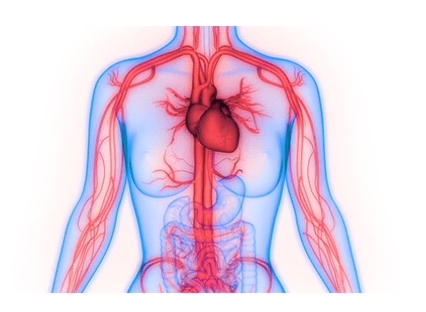
Leg Pain & Numbness, What you need to know

Leg pain can range from a subtle ache to a scorching, throbbing, or burning feeling, and it can be sporadic or chronic. Numbness in one or more parts of the leg might seem as a lack of sensation or a chilly, frigid sensation.
Leg pain can be a sign of a multitude of underlying causes or disorders, so having a proper diagnosis is critical for determining the best treatment plan.
Leg discomfort might be caused by an issue with the lower back, pelvis, or a problem with the leg itself. The following are some of the most common reasons of leg discomfort in one or both legs:
Compression or irritation of the spinal nerves. Radiculopathy or nerve pain in the leg and foot can be caused by inflamed, irritated, or compressed nerve roots in the lumbar or sacral spine. Peripheral neuropathy and leg discomfort can result from nerve injury along their course in the leg.
Compression of the spinal cord. The spinal canal narrowing in the neck can put pressure on the spinal cord, producing discomfort and numbness in both legs.
Conditions of the blood vessels. Leg arteries or veins that are blocked can cause a reduction in blood flow, resulting in leg discomfort and numbness.
Problems with the pelvis and hips. Leg discomfort can be caused by joint abnormalities in the pelvis and hips, such as sacroiliac joint dysfunction or hip osteoarthritis, while numbness can be caused by nerve irritation. When a pelvic muscle spasm occurs, such as in piriformis syndrome, discomfort can move down the leg, accompanied by numbness and/or paralysis.
Infection. Leg discomfort can be caused by Lyme disease, bone and disc infections like osteomyelitis or spondylodiscitis, and viral diseases like herpes zoster or HIV.
Conditions that are systemic. Muscle and nerve damage in the legs can be caused by endocrine and metabolic illnesses such as hypothyroidism and diabetes mellitus, resulting in discomfort and numbness.
The syndrome of the cauda equina. Severe pain, numbness, and paralysis in both legs can result from compression of the cauda equina (a collection of spinal nerves that descend from the spinal cord in the lower back).
Leg discomfort can be caused by strain, exercise, dehydration, age, bad posture, genetic factors, and/or work-related issues.
We are just a call or click away. To learn more, book an appointment online or over the phone with PeachState Advanced Cardiac & Endovascular. We have several locations in Georgia: Newnan, Atlanta, & Griffin.
You Might Also Enjoy...


Should I be worried about my numb feet?

Can leg cramps be a sign of something serious?

Meet Dr. Odiete - PACE Cardiovascular Specilaist

Keeping your Vascular System Healthy


